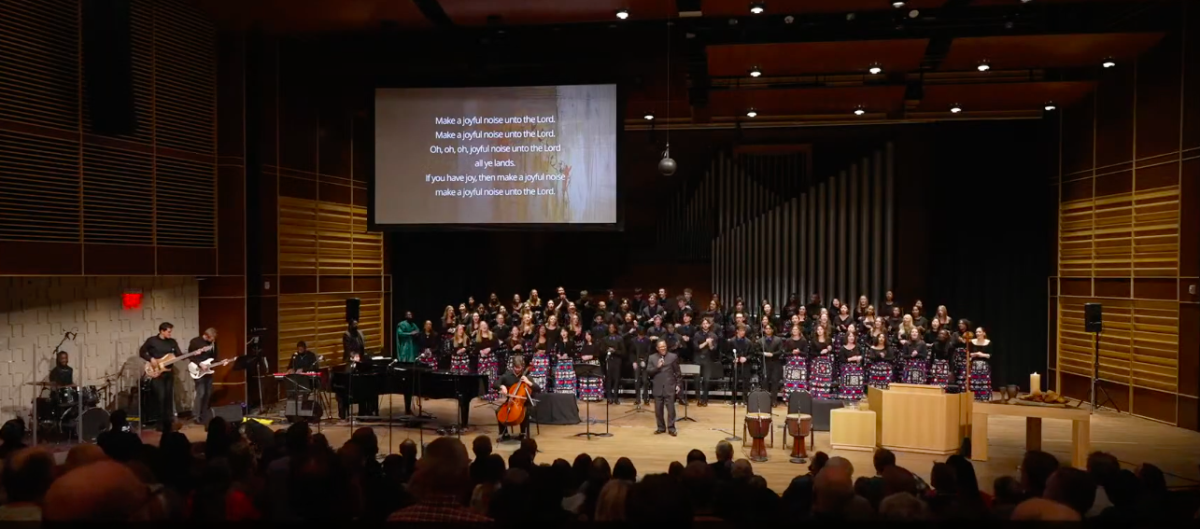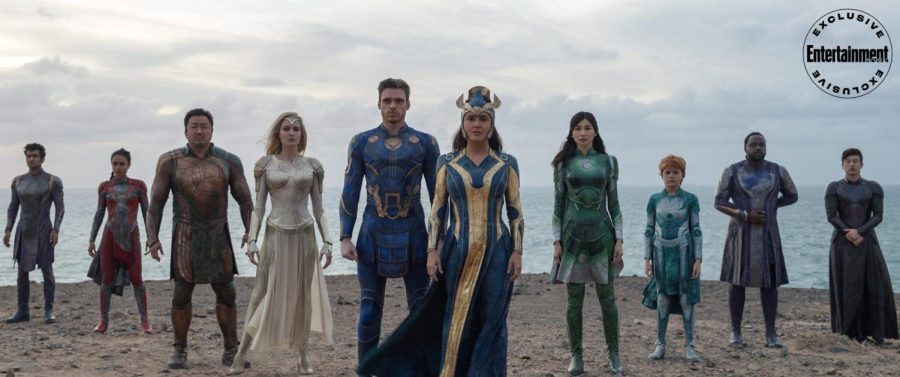Leonardo DiCaprio delivers a relevant and emotional message in his recent documentary “Before the Flood,” which leaves no stones unturned about the environmental state of our planet.
On October 30, the hour-and-a-half documentary aired online for free on YouTube, Hulu, FOX, Amazon Video, Vudu, Google Play, iTunes and National Geographic’s home website. (Of those, only Hulu and FOX still allow viewers to watch the film for free.)
Some still insist that an extreme amount of hubris is what leads environmental experts to think that humanity could cause change on a global scale, some going so far as to believe global climate change to be a hoax. However, “Before the Flood” addresses the “most important issue of our time,” says DiCaprio in the documentary. “The question is, can we change our course in time?” This documentary sought to begin answering that question.
DiCaprio’s even-toned yet passionate voice narrates his journey around the world as a representative for climate change for the United Nations, a position to which he was appointed in 2014. He travels the globe meeting with experts and executives to discuss the impacts and future of global climate change. The purpose of the documentary is “to know how far we’ve got and if there’s anything we can do to stop it,” said DiCaprio.
Cameras followed the Hollywood star everywhere, including behind the scenes of DiCaprio filming “Revenant” and his unedited shock at the melting glaciers in Greenland. Both DiCaprio and “Revenant” director Alejando Inarritu even express disbelief when a lack of snow in Canada forced the filming crew to pack their bags and equipment to finish shooting the film in Argentina.
DiCaprio admits that his carbon footprint is likely larger than most because of his career as an actor. Some think the choice of DiCaprio as the representative for climate change was inappropriate because of the traveling he does for his acting career and DiCaprio’s employment of his own private jet. However, DiCaprio has committed to powering his house with solar panels and driving environmentally friendly vehicles. Lending his voice to a cause in which he believes grants credibility to the narrative, as well as personal passion to the voice reading the script.
The documentary is raw and honest, sugarcoating nothing about the negative impact that humanity has had on the planet and which countries struggle most with the detrimental effects of the changing global climate. DiCaprio is certainly not cast as a savior from climate change, or as an expert on climate change. In fact, DiCaprio gets into a respectful argument over America’s impact and commitment to change with Sunita Narain, the director of the Society for Environmental Communications and the Indian research institute of the Centre for Science and Environment.
Alongside Narain, the documentary also features political figures such as President Obama, Pope Francis and Secretary of State John Kerry. Elon Musk, CEO of SpaceX and Tesla, and Johan Rockström, executive director of the Stockholm Resilience Centre, both add their voices to DiCaprio’s advocacy of global climate change.
While the overall tone of the film is sobering and occasionally disheartening, DiCaprio’s conversation with NASA astronaut Piers Sellers illuminates the hopeful side of global climate change: we have the capacity to reverse the effects, says Sellers. Sellers is confident that humanity will jump on solutions to mitigate climate change and make the seemingly impossible possible. “I have faith in people,” says Sellers.
The documentary closes with a hopeful yet revealing note as DiCaprio reported his findings to the United Nations, sharing his experiences and reactions to what he saw. DiCaprio offered a message of hope to the UN and a glimpse of hope to the film’s viewers. “All that I’ve seen on my journey shows us we have the means of stopping this devastation,” DiCaprio said.








